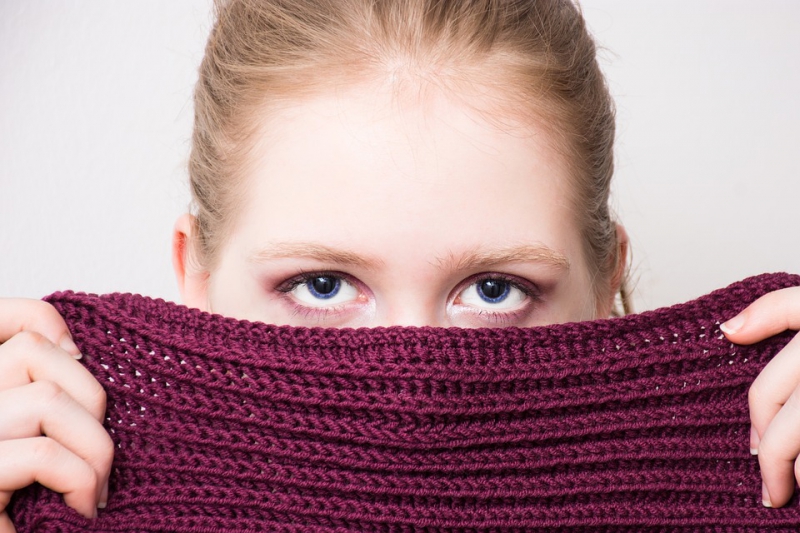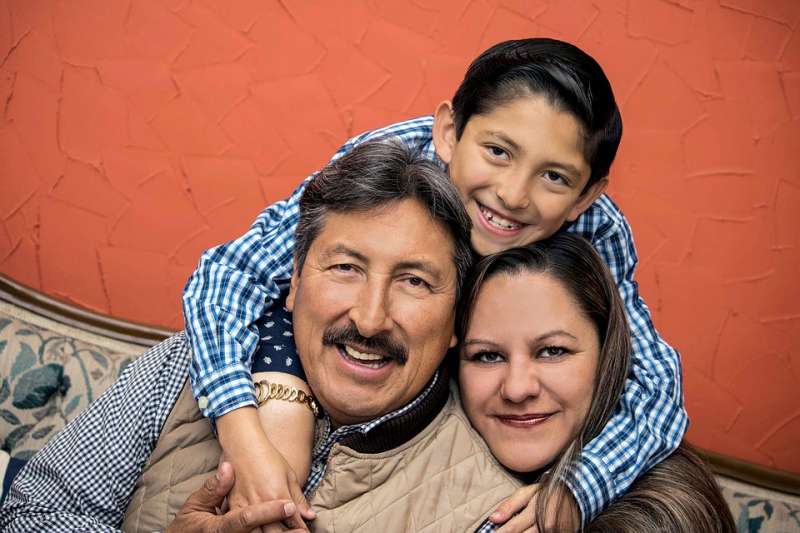 |
| Privacy is a privilege to be protected for anyone (Source: Pixar Bay) |
Privacy is the right and privilege to be protected for everyone. As social media emerges, some parts of individuals' lives are exposed and exposed, but the more important it is to protect privacy.
Especially teen teenagers who are so accustomed to social media and accustomed to sharing and looking at other people's lives are not hesitant to accept more new things than older generations. However, they are also reluctant to disclose their privacy. Right in the house.
Those who want to be cared for and protected by their closest parents, without any interference. Of course, there is also a problem with the behavior of parents who mistake their children for interference as a duty and right. Parents want to join in the life of a child as much as possible and lead the right way, but the dilemma begins in the process.
Child stalking?
Everyone wants to have his own privacy anyway. Parents are well aware of this. However, when it comes to parenting, it is often struggling to balance parenting and respect for the independence of children.
The most common and easy way to find out how your child is doing at school is to look into social media, cell phones, or bedrooms. Here the dilemma works. Whether it is possible to do this, whether it is infringing the privacy of the child is to ask.
Parents are once responsible for the welfare of their children. Especially if it is about decisions or responsibilities, the role of parents is more important because children are not emotionally mature. For example, when a child goes to a party, the parent has the right to know where to go, who to go with, and which party to take. It is true that this should be seen as an opportunity to gain trust from parents, not privacy invasions.
 |
| ▲ Parents must balance parenting and respect for their children's independence (Source: Pixar Bay) |
Privacy from a child's point of view
Privacy is important, even for teenagers or young children. As they grow, they also demand that this logic of privacy be pursued and their parents respected. Children grow up mentally as they grow up, so at this time they devote energy to what they are, or to gain new physical thinking skills and develop social interests. I learn independence and sense of responsibility through various interests and challenges and gradually mature into adults.
Parents should also respect and not overlook this process. Parents, too, were once a child and through adolescence they would have had a conflict with their parents and privacy. It is good to apply the lessons learned from your childhood process wisely to your child.
Also, do not take it badly because your child gives the parent a sense of behavior or feeling. This is also part of your child's growth process. One parenting media explained that the secrets of children progressed with the development of independence. It is an extremely natural part of adolescence. However, it is necessary to be careful if it causes unusual behavior and suspicion. It can spread to major problems such as depression or anxiety, alcohol and drugs or internet addiction. Here are some actions you can take to recognize these signs.
1. Your child spends too much time in the room.
2. When you return home from home and look depressed.
3. You do not want to talk to your parents or anyone else.
 |
| ▲ It is a good idea to set up rules for the privacy of your kids and to understand them (Source: Pixar Bay) |
Let's make rules
Parents should first make clear rules about their privacy and make sure their children understand them. You need to let your children know that they are able to discuss difficult topics with their parents and are working hard for their welfare. In addition, you should be aware that uploading posts or photos to social media is no longer relevant to privacy.
Parents should also set their own rules for the privacy of their children. It is a good idea not to do anything that does not help or break your relationship with your child. In addition to posting on social media, kids should be encouraged to express themselves on their own. Artistic activities and literary creations are not open to the public, but they can be lively, express themselves, and be an active way to tell their stories.
![[Parenting] Your child has privacy! Balancing parenting and respect for privacy parenting your child has privacy balancing parenting and respect for privacy](https://moontore.com/wp-content/uploads/2019/02/parenting-your-child-has-privacy-balancing-parenting-and-respect-for-privacy-1200x700.jpg)


